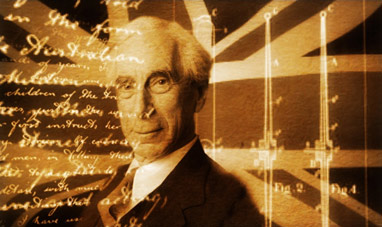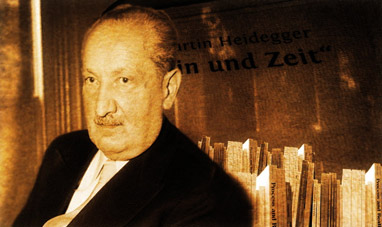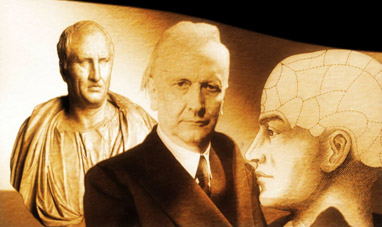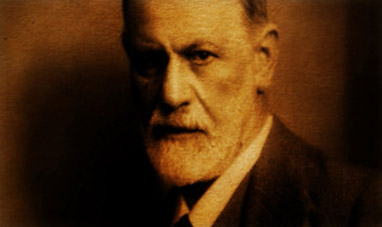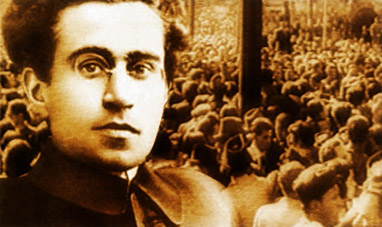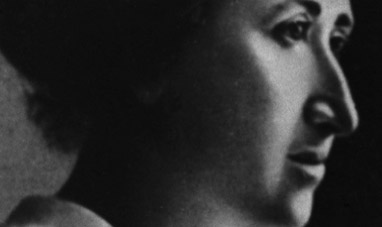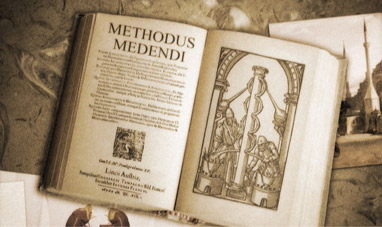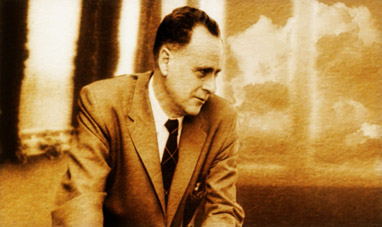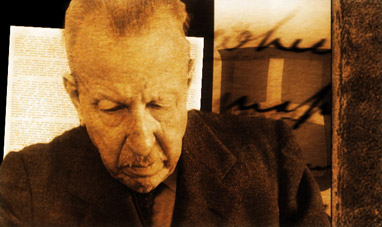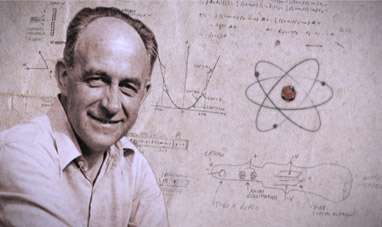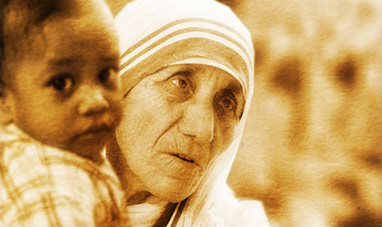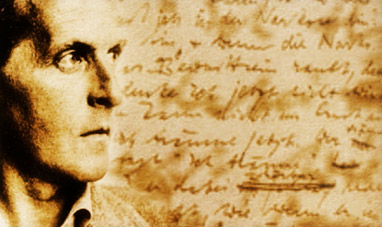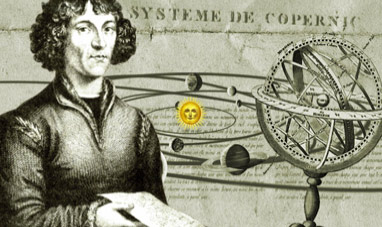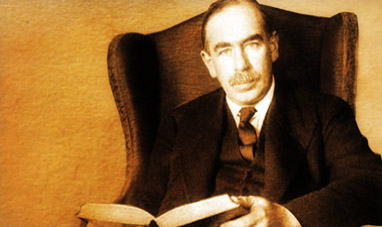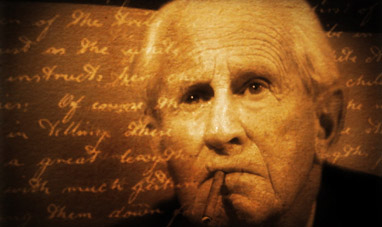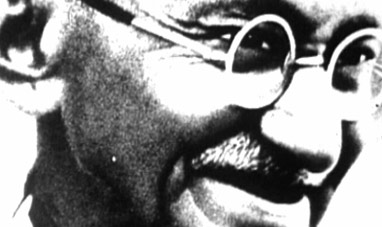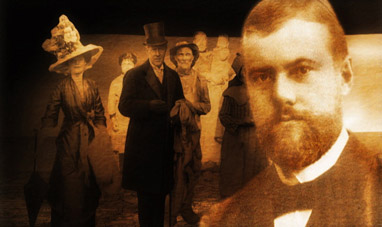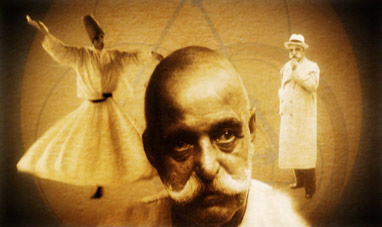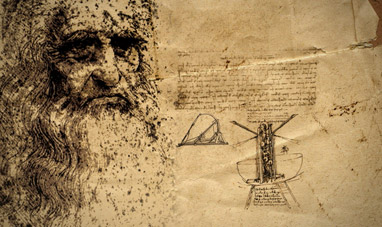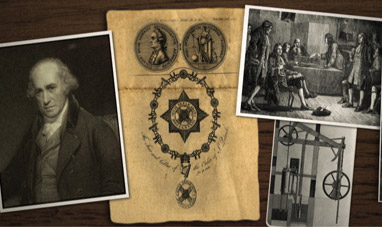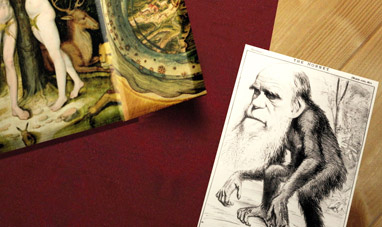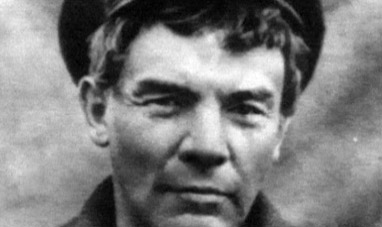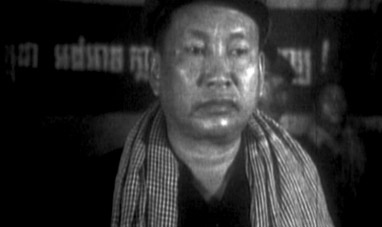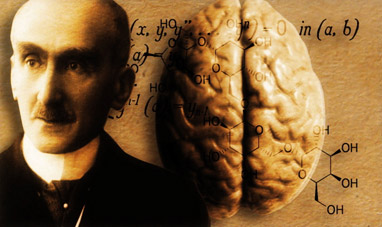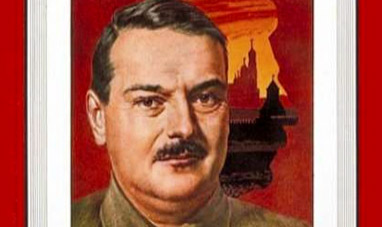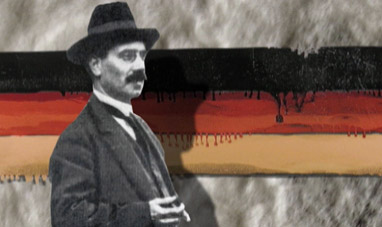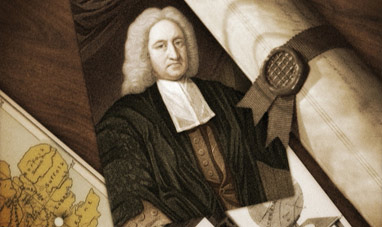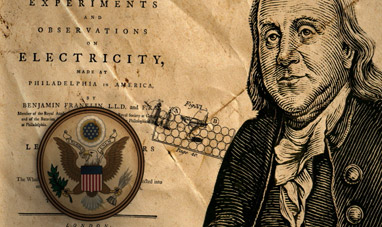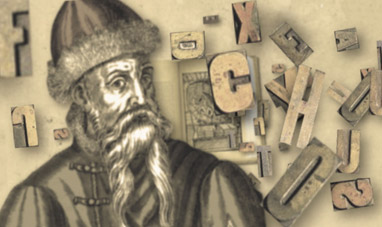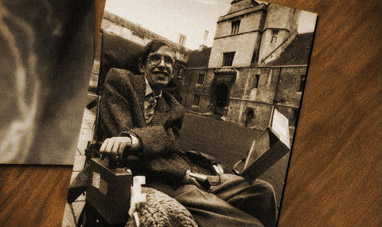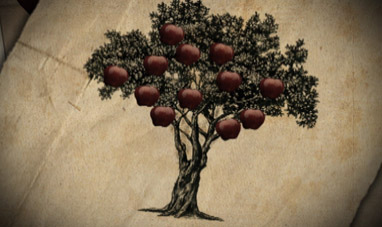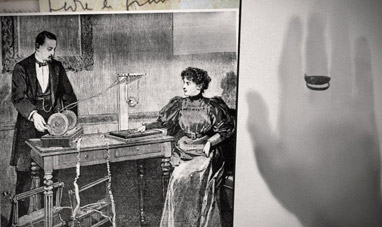Eric Hobsbawm is a British historian who witnessed the defining events of the 20th Century and wrote The Age of Extremes: The Short Twentieth Century. Hobsbawm was born on June 9, 1917 in Alexandria, Egypt, into a Jewish family. His father was a British citizen and his mother was Viennese.
After World War One, his family moved first to Vienna, then to Berlin, where Hobsbawm witnessed Adolf Hitler’s rise to power.
In 1933 he moved to England, where he studied at King’s College in Cambridge. He was interested in Marxist theories, and joined the British Communist Party when he was 20.
After fighting in World War Two, Hobsbawm resumed his studies at Cambridge, where he earned a doctorate in 1947 with a dissertation on the Fabian Society, a 19th-century political movement inspired by socialism. During these years Hobsbawm developed an inclination for historiography. In his view, a historian must not simply provide a chronicle of facts, but must also make sense of history, reconstructing the direction events take in the long run.
He was particularly interested in the evolution of economic and social systems. Taking a methodological approach, he worked as a researcher in Cambridge, contributing to the journal Past and Present. He was also a historian for Britain’s Communist Party.
Hobsbawm focused his research on the working class, social movements, and the history of nationalism.
Outside the academic world, Hobsbawm is mostly famous for the books in which he reconstructs and summarizes the history of the 19th and 20th Centuries, the most well known of which is The Age of Extremes: The Short Twentieth Century, one of the most debated works of recent years. Published in Britain in 1994 and subsequently translated into many languages, it paints a compelling picture of the 1900s, dividing it into periods.
The “Short Century” begins in 1914 with the outbreak of the Great War, and ends in 1991 with the dissolution of the Soviet Union.
The book split the century into three distinct phases: “The Age of Catastrophe”, between the two world wars, is marked by the crisis of liberal institutions and the rise of totalitarianism. After World War Two, an era called “The Golden Age” begins, characterized by economic growth and social advancement. The Golden Age was marked by antagonism between the US and the Soviet Union, and between liberalism and real socialism. In the 1970s “The Crisis Decades” begin, reaching their peak with the fall of the communist regimes.
After the end of communism, new scenarios opened up, which Hobsbawm has analyzed in his more recent studies. Now 85, Hobsbawm recounted his life and studies in his autobiography Interesting Times: A Twentieth-Century Life.
After World War One, his family moved first to Vienna, then to Berlin, where Hobsbawm witnessed Adolf Hitler’s rise to power.
In 1933 he moved to England, where he studied at King’s College in Cambridge. He was interested in Marxist theories, and joined the British Communist Party when he was 20.
After fighting in World War Two, Hobsbawm resumed his studies at Cambridge, where he earned a doctorate in 1947 with a dissertation on the Fabian Society, a 19th-century political movement inspired by socialism. During these years Hobsbawm developed an inclination for historiography. In his view, a historian must not simply provide a chronicle of facts, but must also make sense of history, reconstructing the direction events take in the long run.
He was particularly interested in the evolution of economic and social systems. Taking a methodological approach, he worked as a researcher in Cambridge, contributing to the journal Past and Present. He was also a historian for Britain’s Communist Party.
Hobsbawm focused his research on the working class, social movements, and the history of nationalism.
Outside the academic world, Hobsbawm is mostly famous for the books in which he reconstructs and summarizes the history of the 19th and 20th Centuries, the most well known of which is The Age of Extremes: The Short Twentieth Century, one of the most debated works of recent years. Published in Britain in 1994 and subsequently translated into many languages, it paints a compelling picture of the 1900s, dividing it into periods.
The “Short Century” begins in 1914 with the outbreak of the Great War, and ends in 1991 with the dissolution of the Soviet Union.
The book split the century into three distinct phases: “The Age of Catastrophe”, between the two world wars, is marked by the crisis of liberal institutions and the rise of totalitarianism. After World War Two, an era called “The Golden Age” begins, characterized by economic growth and social advancement. The Golden Age was marked by antagonism between the US and the Soviet Union, and between liberalism and real socialism. In the 1970s “The Crisis Decades” begin, reaching their peak with the fall of the communist regimes.
After the end of communism, new scenarios opened up, which Hobsbawm has analyzed in his more recent studies. Now 85, Hobsbawm recounted his life and studies in his autobiography Interesting Times: A Twentieth-Century Life.

